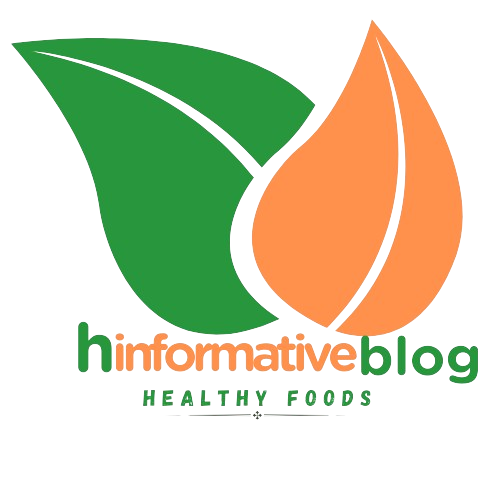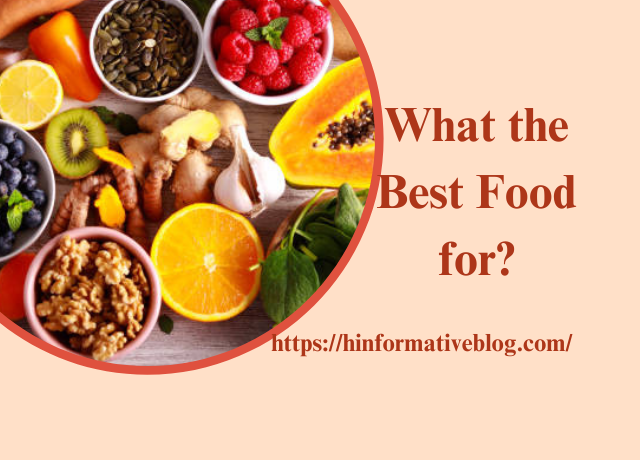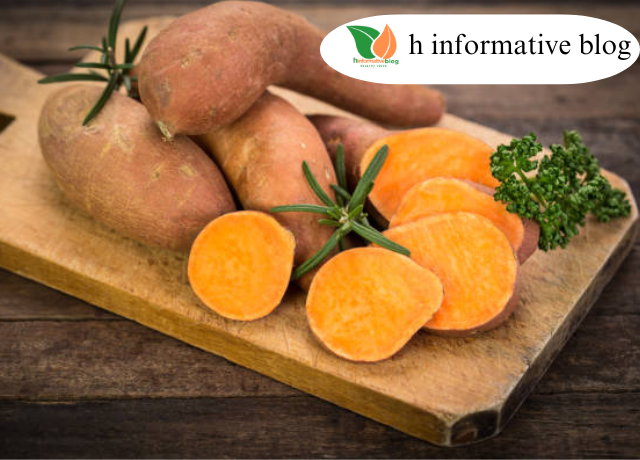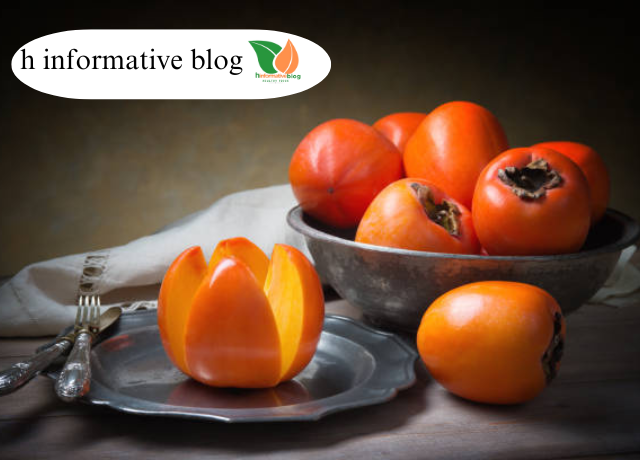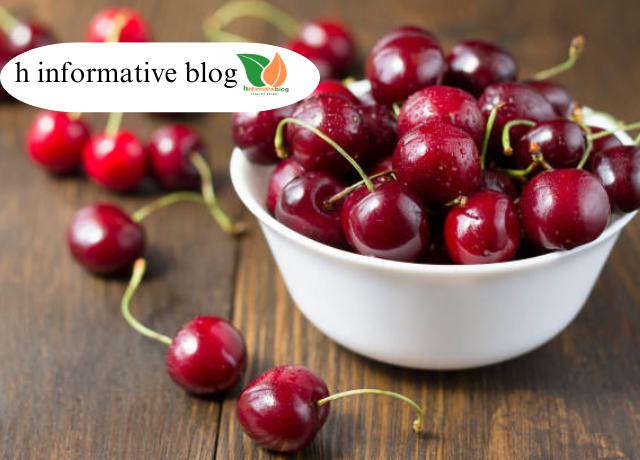What Foods Are Good For You
The right food can work wonders for you. For example, “What is the best food for health? pops up a lot when we talk about things that are good for you. Well, the simple answer is no right or wrong way — it depends on what you want to do, of course. Everyone has different goals in terms of slimming down or improving their energy or glow, and some foods can help along the way.
In case you are adhering to a weight reduction objective, it will be important that you just decide on lean proteins like hen or fish. Serve with fibrous greens like broccoli or spinach. Thus, containing them in your diet is quite beneficial and helpful for reducing binge eating during meals. Not only that, but with some healthy vitamins and minerals intake, losing weight, you also consume nutritious compact food.
To improve your overall energy, choose mainly complex carbohydrates, whole grains, and iron-containing foods. Wholegrains: Golden rice and oats are good sources of slow-burning energy. Spinach or lean red meat are excellent sources of iron and help your body make lots more oxygen-carrying red blood cells to keep you energized all day long. What Is the Best Food For?
Best Foods for Weight Loss
Lean proteins and fibrous vegetables are the best friends for your weight (loss) goals. Vegetables that are high in fiber, such as broccoli and spinach or kale, reduce the volume of food on your plate while still satisfying you.
In addition to peppermint, healthy fats are also crucial for weight loss. They help your heart and keep you burning calories like a well-oiled machine. In moderation, these healthy fats are great for your weight loss goals.
And last but not least. HYDRATE! We confuse thirst with hunger and end up snacking too much. Therefore, when consumed sensibly, you can form a weight loss-friendly diet that retains the long-term benefits of losing fat.
Top Foods to Energize and Revitalize
To have energy throughout the day, use complex carbohydrates. Whole wheat, brown oats, and quinoa offer stable glucose release (which means not getting out of energy) throughout the next hours! These contain fiber, which helps slow digestion and champion blood sugars in balance so you stay evenly fueled.
Let’s not forget iron-rich foods as well, which are such a huge part of any energizing diet. Iron is also needed to produce hemoglobin, and foods such as spinach, lentils, and lean red meats are rich in this nutrient. It helps bind oxygen throughout your body by moving it via hemoglobin in red blood cells to all of the muscles and tissue, as well as your brain, giving them energy.
And let’s not forget those B vitamins that are vital for energy production. B12 and B6, in particular, are found in abundance in eggs, dairy, and leafy greens, and they turn the food you eat into energy your body can use. Combining these foods into your daily nutrition allows better focus and energy during the day.
Best Foods for Skin Health

Fatty fish is also a skin-health superstar thanks to omega-3 fatty acids. These are healthy fats that keep the skin moisturized by protecting the skin’s barrier function. Omega-3s, also known as anti-inflammatory fatty acids, are able to ward off pimples and other skin demons. Eating these fish a couple of times per week may significantly alter the way your skin looks.
The body is able to get moisture from these foods, and we all know how hydrated skin looks better than dry, flaky skin! They contain a lot of water, which can keep your skin moisturized and rejuvenate it from the inside. Moreover, they support your skin’s general health by supplying important vitamins and minerals, making them nonnegotiable in your list of food ingredients for a healthy glow.
How to include these in your diet
Taking in these immunity-enhancing foods daily is a very simple process, and it can make the entire experience enjoyable. Begin your day with a nourishing breakfast like an orange, spinach, and a handful of almond smoothies. This blend offers vitamin C, iron, and zinc (which offer a strong immunity base). You could have a fatty fish (salmon, tuna) with steamed vegetables or mixed salad with pumpkin seeds for lunch/dinner. These meals are not only low-calorie, delicious, and full of the vitamins your body wants to create, but you are clear, far from everyone in vain, with errors.
Sprinkling seeds and nuts over yogurt, oatmeal, or salads gives you some zinc with a side of healthy fats. Fortunately, incorporating meals and snacks around these immune-supporting foods is both attainable in any eating style and delicious (seriously!) for a flavorful experience.
Popular Fallacies of Meals “Best Foods”
Myths 1
But with the term superfoods, we refer to the foods that have a conspicuous presence of nutrients, like kale or quinoa (or chia seeds). Yes, those foods are healthy, but they are absolutely not a requirement for you to be healthy. But the truth is, there is no food that gives you all. Moreover, your other bodily functions will not benefit from superfoods if you do not have a balanced diet all day.
Myths 2
All fats are not bad: Almost all of us believe that to stay on top of a healthy diet, fat should be cut out. This kind of myth often means you may be avoiding the healthy fats your body needs. Rather than shunning fat completely, aim to serve these good fats in your meals while avoiding the unhealthy trans and saturated fats that are discovered instead of processed fare.
Truth 3
People tend to think that eating raw is always far better as it helps retain all of the nutrients from cooking, which could be lost. While it is true that some vitamins, such as vitamin C, are degraded upon cooking through vitamin loss by heat, food processing may enhance the availability of other nutrients. One such is that cooking tomatoes boosts lycopene, an antioxidant with lots of advantages. While I agree that eating raw is great, a balance of both cooked and uncooked foods will ensure you consume more from the goodness in your food.
Conclusion
Your best options for health are whatever is going to help you reach your goals in the way that works best with your disease and body. Certain types of foods will help you reach all these goals if your goal is to get slimmer or feel more energetic and even have healthier skin. A fine example of including a variety of nutrient-dense foods to support overall health
The fact is, there really isn’t ever any one “best” food for everyone. The best thing that you can do to nourish your body is to eat a well-balanced diet full of nutrition. The dynamic complexity of the big five, each playing essential and unique roles in your health, is why a blended program like ours becomes an easy option to follow for you.
Build with these foods in your meals and snacks throughout the day. You will even come to realize the benefits over time in terms of energy, weight loss, and skin. You just need to make better food choices and live a healthier, vibrant life. That’s all about what the best food is.
FAQs about What the Best Food for?
- What are Heart-Healthy Foods?
Best Answer: Leafy greens, whole grains, berries, and fatty fish like salmon-origin_source. They may have heart-healthy nutrients.
- What is the healthiest source of energy?
Answer: Bananas, oats & almonds. Land of the black bean — gives you all. Carbs, protein & fiber from beans as your complete meal for keeping active throughout the day.
- Which food is easy to digest?
Plain yogurt, Beans, or any high-fiber food items can do wonders in terms of having a healthy stomach and easy stool pass. They also improve the digestive system, increase gut health, and decrease bloating.
- Best food for skin glow
Choose snacks high in vitamin content, like carrots, oranges, or nuts, as these have a direct effect on bringing life back to the skin. Both are rife with skin-loving nutrients.
- One More Superfood for bone HEALTH?
Milk, leafy greens, and nuts are among the top bone-building foods. It is high in calcium and vitamin D, which helps make strong bones.
